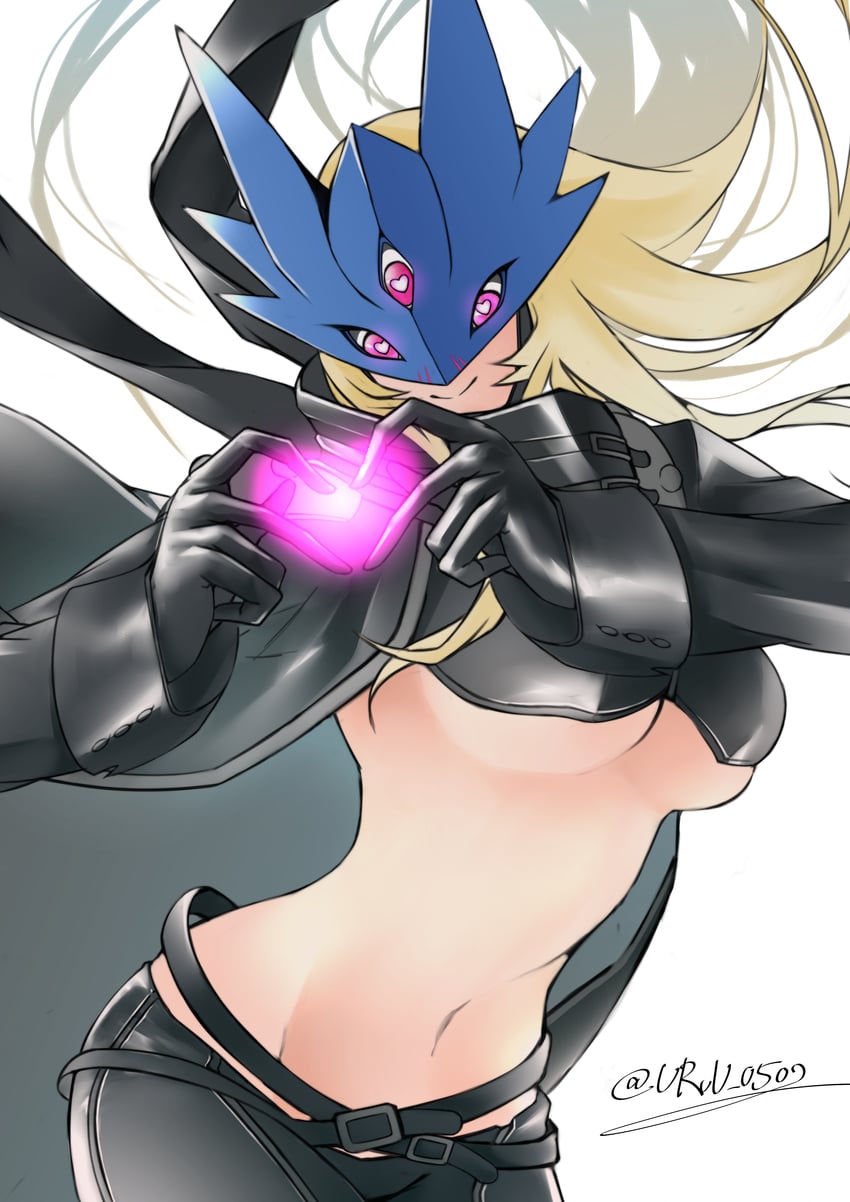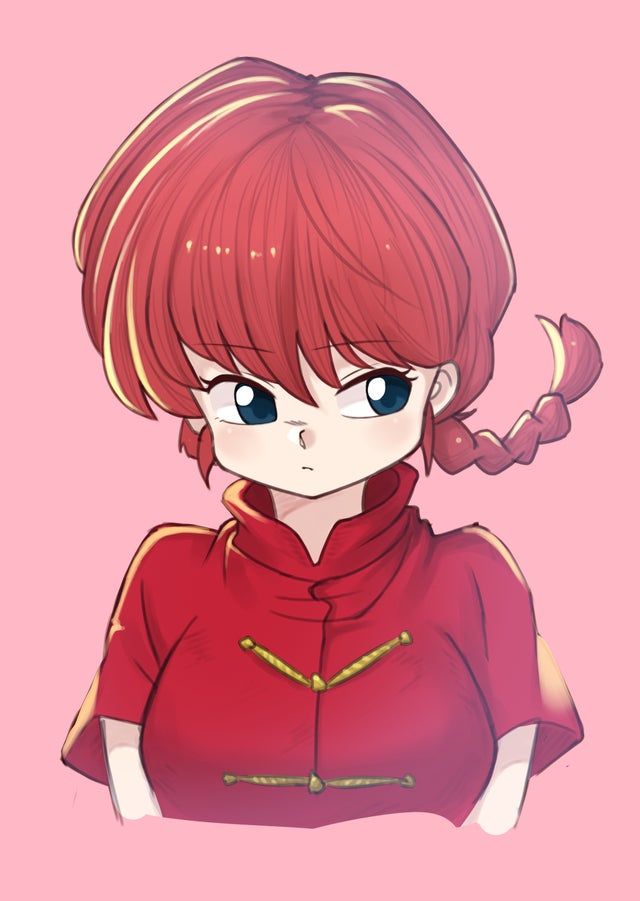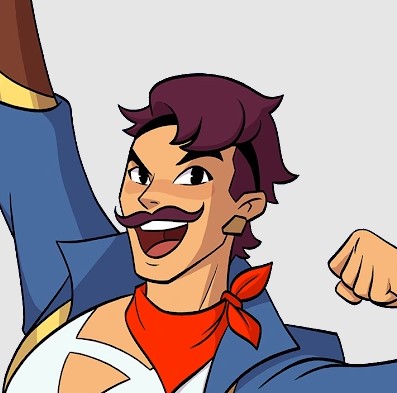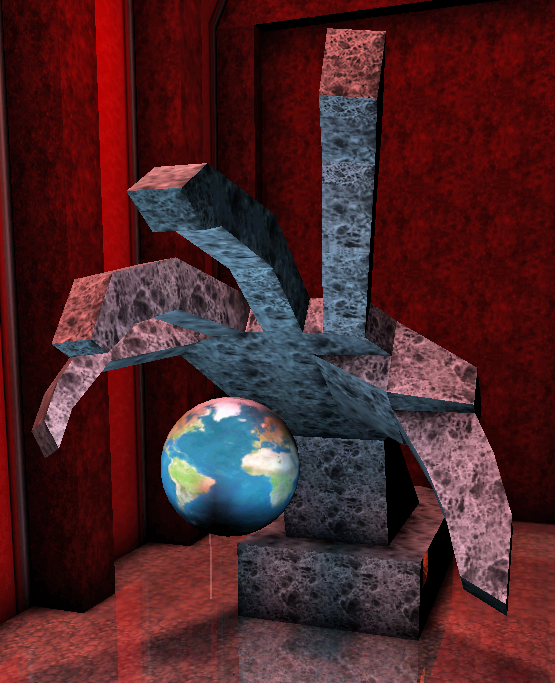There’s been a thought rattling around in my head for a long time and I haven’t had a good way to articulate it until now, so I’m planning to ramble for a bit.
Everything going on in the world right now, in Palestine, in Ukraine and Africa is a good reminder that the mass killing of humans isn’t some archaic practice that went out of style a thousand years ago. There are real consequences for dehumanization and calling for one group or another to be wiped out. It starts small, as many things do, as just a little grain in your head that some people are just lesser or worse and thus you’d be okay if they weren’t around you. I find that a lot of this rhetoric comes from pop culure, you see it in books, movies, anime, and video games. Especially when it comes to the fantasy genre. For anime, you have stuff like Goblin Slayer or Frieren where Goblins/Demons are little more than animals and need to be genocided for the betterment of society. Books, you have Orcs in Tolkien (Something I appreciate about ASOIAF is that Grrm doesn’t do this and always treats the idea of a full on massacre like it’s horrible). But video games is where it goes all out.
–Nerd Speak Below This Line–
I’ve been playing a lot of Elder Scrolls lately, which means I’ve become reaquinted with the lore, and one thing aout TES that’s always been a little concerning to me is how many of the backstories end in genocide and displacement. The Nords, the strapping 6-7 feet tall beautiful white people came down from the north and killed all the snow elves nearly to the last, the Orc homeland of Orsinium has been sacked and destroyed multiple times scattering them across the land, the Redguards showed up and killed pretty much everyone they could find for miles before being happy to stop in the desert, and the Empire has essentially been engaged in an extermination war with the Elves (who aren’t saints either) for thousands of years. Two events that I think are really disturbing are Pelinal Whitestrake and Tiber Septim’s conquest of the Summerset Isles. Now I’ll be brief: Pelinal is this uber badass Terminator from the future who had a bad habit of murdering elves so hard that he came home from war covered in blood. Which wouldn’t be too bad if they didn’t specify that he often wiped out civillian populations and even other races that aren’t even involved just because they look like them. Tiber Septim was mad that the High Elves were able to fight off his Imperialist bullshit multiple times and ultimately got a superweapon to go kill them all horribly until they submitted. Both these characters are beloved and their victims get the old “They deserved it” routine. And yes, the backstory does “justify” the purges because the Elves are almost always cartoonishly evil, but still. TES tries to be morally gray but that’s kind of a lie because when all we ever see is what was written by the winners, it starts to look like that’s what we’re supposed to takeaway.
–Nerd Speak Ends–
When you wake up in the morning and see a news program about a school or hospital being bombed, seeing someone say “They deserved it” even in regards to a fictional species hurts in a deep way. People are programmed to think this shit is a joke from a young age. And some react violently when you try and pull them out of that mentality. So yes, I don’t like genocide. Even if it’s happening to to a nonsense race of animal people.
I feel the same. They say fiction reflects reality- and I’d argue that the various series of genocides in TES (and their “justifications”), or- as someone mentioned, the settler-colonial nature of the elves in the Simarillion/LoTR, is from the perspective of white, western- particularly Anglophone if not just outright Anglo-Saxon- writers, almost glorifying or finding ways to justify the actions of their ancestors- whether it was the genocides of the indigenous peoples of much of North America and Australia (among many other, far smaller regions), or it was the (granted, far less genocidal and more assimilationist) actions of their ancient Germanic ancestors against the indigenous Celts. I’m saying this as someone who generally enjoys both universes…
Another fictional genocide that I really dislike, is that of the Uchiha in Naruto- their systemic discrimination is waved away, the involvement of the village in the massacre of their population, when discovered, is knowingly and comfortably swept under the rug by the protagonists, and the last Uchiha (Sasuke) is pretty much vilified for his entirely understandable and even agreeable actions of, after learning the truth, seeking the destruction of the hidden villages’ nigh fascistic political systems. Once again I’d argue that the mentality presented in Naruto reflects the mentality of the society, and particularly the author who wrote it- as someone who enjoys (with mixed feelings) the series, I would posit that it probably says a lot about the unwavering nature of Japanese ultranationalism, the sometimes violent conformity it espouses, and it definitely is greatly influenced by Japan’s own mainstream mentality in regards to minimizing or dismissing the crimes of its past.
In both cases, those portrayed as “protagonists” and “heroes” by and large, are the perpetrators- and the writers are descendants of perpetrators, themselves. These fictions expose biases that can’t help but expose themselves when given a fantasy outlet with few repercussions- celebrating blatant genocide and war crimes in real life can have repercussions, and for the somewhat more decent folk, they’re also capable of realizing how fucked up it all is when looking at the undeniable results of their beliefs. Fiction allows them to justify it all, to write “their team” out to be the heroes no matter how it all goes, and it gives them a lot of societal leeway for presenting even the most horrible things in a positive light.
seeing someone say “They deserved it” even in regards to a fictional species hurts in a deep way.
That’s how it should be, tbh. I’d argue that someone who loses that- or even glorifies it- also becomes more likely to lose it in regards to reality as well. Fiction also has its impacts in the real world- and that’s not to say all fiction or even most should be banned, or that those who glorify even fictional genocides are necessarily genocidal themselves- but there’s certainly some degree of damage being done by all these works, if not to all those who consume them, to at least some small portion- whether the damage be the glorification or apologia of genocide and settler-colonialism, the vilification of “darker,” “evil,” “less human,” or “less western-adjacent” races, etc…
I’d even go so far as to say that the portrayals of genocides, settler-colonialism, war crimes, and other atrocities like slavery in most western and Japanese media comes with a underlying political bent deeply rooted in reality- one sometimes intentional, other times the result of being deeply propagandized, but often simply the result of the natural desire to want to paint those they identify most with- western-adjacent or Japanese-adjacent civilization and characters- in a good light, to see themselves as the heroes rather than the products of the worst, vilest genocidal empires in history.
(Edit) Also, hell if I know the answer to such works that have such references- intended or otherwise- and implications in reality, and possibly on those who consume them. Personally I don’t like arbitrary censorship, think in excess it winds up being dangerously counterproductive, and have a distaste for censorship even as a concept though I realize its absolute necessity (particularly for any societies seeking to defend themselves against the destabilizing, chaotic, and often even malevolent nature of western media- talking more about propaganda, proselytizing, etc) yet I wouldn’t blame any country for banning or restricting works such as Naruto- or worse yet, Attack on Titan, for their apologia-adjacent (if not just straight up apologia, debatable) content, even if I might not enjoy any such hindrance.
Yeah it bothers me. /r/Stellaris likes to make xenocide jokes and it makes me uncomfortable because I feel it hides a desire in the real. Threads like this: https://www.reddit.com/r/Stellaris/comments/18fvk6p/do_you_think_the_north_sentinelese_people_and/ reveal that people aren’t able to joke about genocide given their views on real world people.
Most of the comments seem to show support for leaving them alone, at least.
Heh, when I read ‘fictional genocides’ in your title I though you were gonna talk about Xinjiang
Its almost as if entertainment creates the socio-cultural tropes to uphold exploration and capitalism. Most people solely lay the blame on STEM for building the weapons that kill, but forget that the social sciences create the ideas that kill.
How do you feel when it’s treated in a more sensible way by the narrative? For example, in Fire Emblem Path of Radiance
spoilers for fire emblem path of radiance
Before the beginning of the story, a whole tribe of pacifist bird people is slaughtered due to racist scapegoating, and the rest of the narrative treats this event as the horrible atrocity that it is.
It is not perfect, but it at least never portray people attacked by racist armies as “deserving it” in any way.
ignore for a second that the bird people are pale and blonde.Also if you read the Silmarileon critically you’ll notice that elves are basically settlers in whole constructions made by and for dwarves, who had been driven out. Several of their halls are passingly mentioned to have been built by dwarves, and there are even stories where jealous dwarves are portrayed as “greedy” for wanting the fruits of their labour for themselves.
Also dwarves are the original mortal people of Arda, but almost got genocided by Eru demand. Who was really sadistic fucker, considering what he did and what he didn’t do to the other people (and that include even the Ainur). Yet another paradox of evil.
Yeah, Tolkien’s portrayal of God is very vengeful for some reason.
Not really surprising considering his main sources were Hebrew, Norse and Finnish myths.
Also Catholicism, especially when it comes to Eru.
Eru is way more Hebrew myths since he don’t really resemble Jesus but very much the old testament God. Like the episode when Aule created the dwarves and Eru order him to kill them but then stop Aule when he almost it, is literally the tale about Isaac and Abraham. There’s also the Eldar exodus to Valinor, Earendil being messiah (but not Jesus) and bringing (partial) apocalypse, etc. etc.
Goblin Slayer is 1000% Day of the Rope for weebs.
Frieren is interesting. I can’t tell if it’s progressive or the most fascist animation ever put to screen. It is worth noting that while GS goblins are basically rape-focused chimpanzees, the Demons in Frieren are much closer to an antisemitic stereotype, it literally being said that they only learn human language so that they can use it to lie, etc., with the merciful and humane people who say “surely we shouldn’t kill demon toddlers, right?” being proven wrong and renouncing their view after their tolerance enables the Demons to infiltrate society and do more harm. Waiting to see if there’s any kind of twist or if it’s just that fash.
I like to believe that the story goblin slayer is a story of an adventurer hyper-fixated on goblins and these are his exaggerated stories where he hallucinated goblins when he’s killing other types of creatures. This also tracks with the fact that nobody has a real name in the show and it’s because Goblin Slayer doesn’t want to remember anyone’s names so he doesn’t acknowledge their names existing. It also tracks as to why so many women seem interested in him because he’s invested in his self aggrandizing delusion. I wouldn’t be surprised if his party members tell him that he’s not actually killing that many goblins, but he won’t acknowledge that to cling to his delusions.
I regret to inform you that this is headcanon cope of the highest order
This abridged version is just better
https://www.youtube.com/playlist?list=PLzFmxV-tE7kXX5vF_WcVrzrq6FMDZcClF









